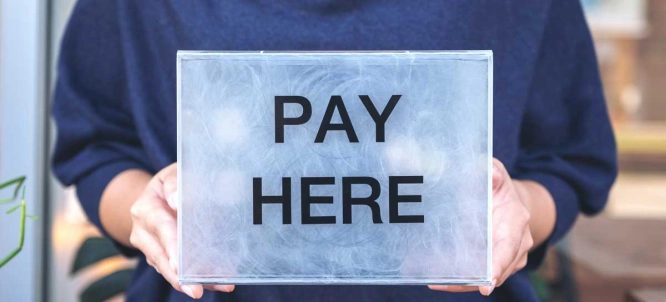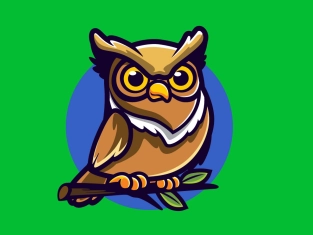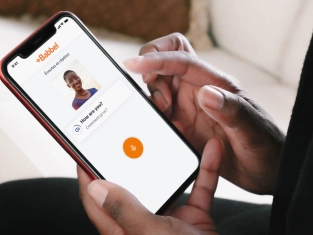by PushtoLearn
Payed vs Paid
Table of Contents
Correct Usage: "Paid"
The word “paid” is the standard past tense of “pay” and is used in most contexts, especially those involving financial transactions or other forms of compensation.
Examples:
- “I paid my rent on time this month.”
- “She paid for her groceries with a credit card.”
Specialized Usage: "Payed"
The term “payed” is used specifically in nautical contexts. In this form, “pay” can mean either to let out a line or rope by slackening or to waterproof parts of a ship with tar, resin, or pitch.
Examples:
- “The sailor payed out the rope carefully.”
- “They payed off the ship from the dock.”
- “The sailor payed the deck seams with tar to keep the water out.”

Origins of the Word “Pay”
The word “pay” comes from the Latin verb “pacare,” meaning “to pacify.” This Latin root evolved into the Anglo-Norman word “paier,” which eventually entered modern English. Today, “pay” primarily refers to monetary transactions or giving attention, such as “paying attention.” However, it retains its specialized nautical meanings.
Common Questions
Which is correct, "paid" or "payed"?
“Paid” is correct in most contexts. “Payed” is only correct in nautical contexts, such as letting out a rope or waterproofing parts of a ship.
Is it "been paid" or "being paid"?
- “Been paid” is used for a completed action. Example: “The bill has been paid.”
- “Being paid” refers to an action in progress. Example: “The workers are being paid now.”
What is the past tense of "pay a visit"?
The past tense is “paid a visit.” Example: “Yesterday, I paid a visit to my grandmother.”
Is "has been paid" correct grammar?
Yes, “has been paid” is correct grammar. It indicates a payment made in the past that is relevant to the present. Example: “The invoice has been paid.”
You may also like other mispelling cases:
Laid out vs Layed out
Grateful vs Greatful

